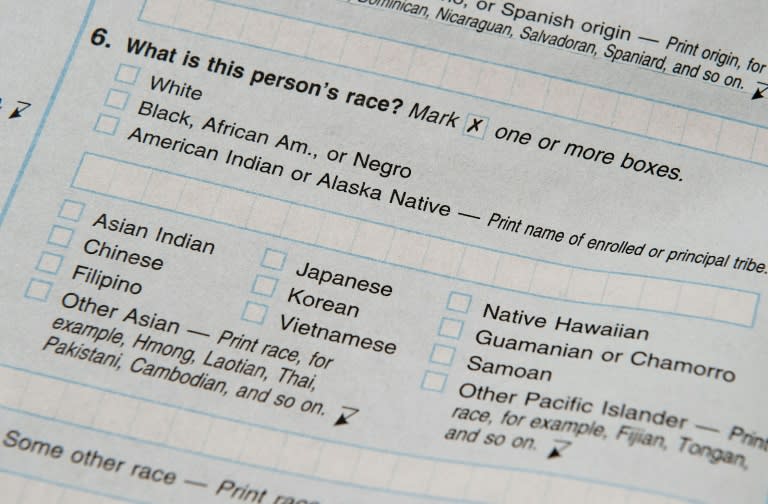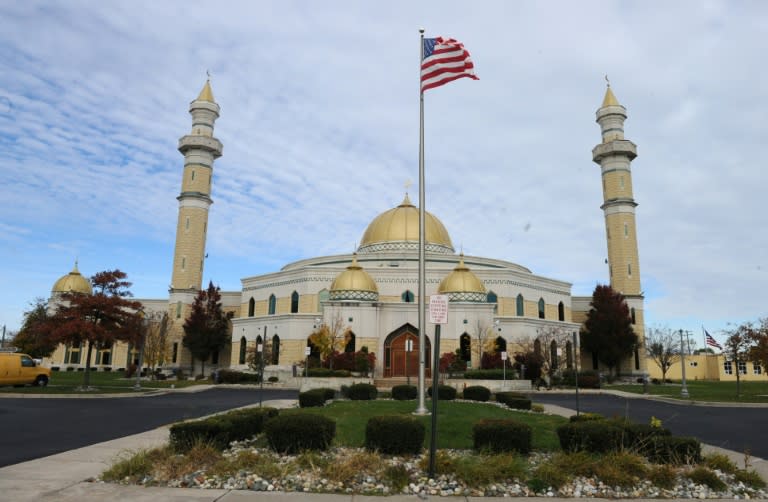Under Trump, Arab-Americans think twice about census visibility
Arab-Americans have long sought to be recognized as a distinct ethnic group by the US census. But with President Donald Trump in the White House, many are now not so sure it's a good idea. "The current political climate complicates the issues and raises red flags," said Ibrahim Hooper, spokesman for the Council on American-Islamic Relations. Ironically, the second thoughts come just as they are on the cusp of winning a two-decade-old battle for inclusion in the census as a distinct ethnic group. On Tuesday, the US Census Bureau, for the first time in half a century, recommended the introduction of a new category called "MENA," short for Middle East and North Africa. That's important to Arab-Americans because political empowerment and funding for programs can flow to their communities as a result of visibility in the census. "There's no question that there's been a dramatic undercounting of our community which has resulted in a political under representation and a lack of funding for specifically targeted programs," said Maya Berry, executive director of the Arab American Institute. - Panic among immigrants - But it comes at a time of uncertainty and gnawing worry for US citizens of Middle Eastern origin. Since his inauguration, Trump has sown panic in various US immigrant communities with his short-lived temporary travel ban targeting refugees and nationals from seven Muslim-majority countries. A federal court has blocked the measure, but the Trump administration is expected to introduce a modified version of it that can overcome court challenges. Although he has since backtracked, during the campaign Trump advocated the creation of a Muslim registry -- something some fear could be more easily achieved with the MENA census classification. "We should not be in a position where we're hiding our national origin or ethnic background," Jamal Abdi, policy director of the National Iranian American Council said. "But we're in a situation where we fear that our own government will use this against us." Such fears have precedent in the United States. In 2004, three years after the September 11 attacks, controversy broke out when the Census Bureau provided authorities with information on the locations of Americans who had declared their Middle-Eastern heritage on the 2000 census. "It created a huge uproar in the Arab-Muslim community because they felt that the Homeland (Security) Department was going to use this for surveillance, which was probably what they had in mind," said Matthew Snipp, a professor at Stanford University's sociology department. During World War II, the Census Bureau was accused of helping to identify Japanese Americans for confinement in US internment camps. "There's a legitimate concern about how data about communities could be misused under this administration," said Berry. She still supports the group's inclusion on the census, but others are more skeptical. "We would need renewed ironclad legal assurances from the administration that this information is not going to be abused," said Abdi. And for many people, he added, such assurances would still "fall on deaf ears." - Public consultation - The Census Bureau's recommendation opens a public consultation period after which Congress will have the final say. According to the agency's report, the classification would allow Americans with heritage from a variety of countries -- from Egypt to Lebanon to Morocco -- to identify themselves more accurately. In the United States, ethnicity is taken into account across a number of surveys, such as unemployment, and the census, which is taken every 10 years, is no exception. Those filling it out can chose from one or more of 15 categories regarding their race.




